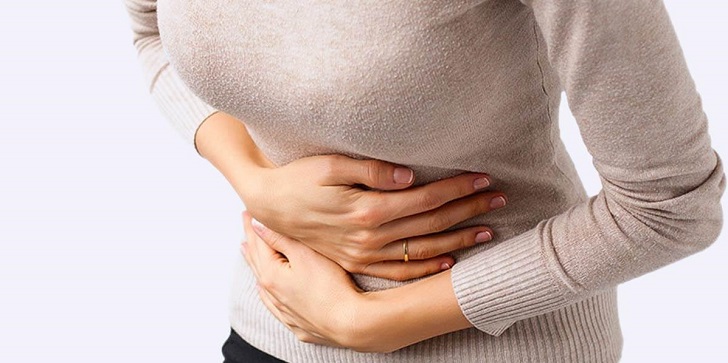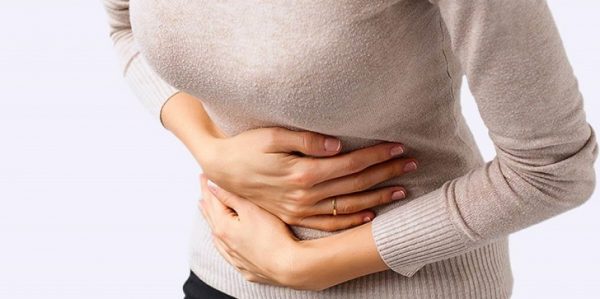Most ladies are very familiar with that time of the month when the periods come knocking and the pain commences. The medical term for menstrual pain is dysmenorrhea which is simply the tightening of the muscles in the uterus. It can be severe or mild depending on the individual although some ladies do not even feel it at all. Menstrual discomfort is usually characterised by mood swings, loss of appetite, nausea, pain in the lower abdomen, lower back and inner thighs. However, these symptoms may vary in different people as each lady is unique. Thankfully, there are ways to manage and reduce these symptoms and pains, here are some tips to follow:
- Pop a pill: The commonest and most effective way to deal with the pain is to take a painkilling drug. However, care must be taken to ensure that the drug is prescribed by a certified doctor, do not indulge in self-medication as this can prove harmful to health. A good painkiller will effectively numb the pain.
- Massage: It is recommended that the areas that hurt should be massaged with some massage cream or oil. Massaging the affected area will warm up and regulate blood flow to those areas thereby reducing the pain and cramping.
- Heat up: The simple rubbing of both palms together and applying the generated heat to the abdomen can go a long way in easing the pain. Instead of rolling around clutching your stomach, apply heat from a hot water bottle or a warm towel to the hurting areas to numb the pain.
- Watch what you eat: Research has shown that foods with high salt and sugar content can worsen menstrual pain. Consumption of too much dairy, meat and sugar will raise the level of prostaglandin F2 alpha which is a hormone causing womb cramps. Drinks containing caffeine should also be avoided as these can increase bloating which worsens the pain.
- Avoid stress: As the onset of periods draws near, it is best to avoid stressful jobs and activities. This is because during the first two days of menstruation, the uterus sheds its inner linings and it is a process that requires effort even though it is sensitive. Physical strain and stress should be avoided at the onset of menstruation as it can lead to bad pains and cramps.


